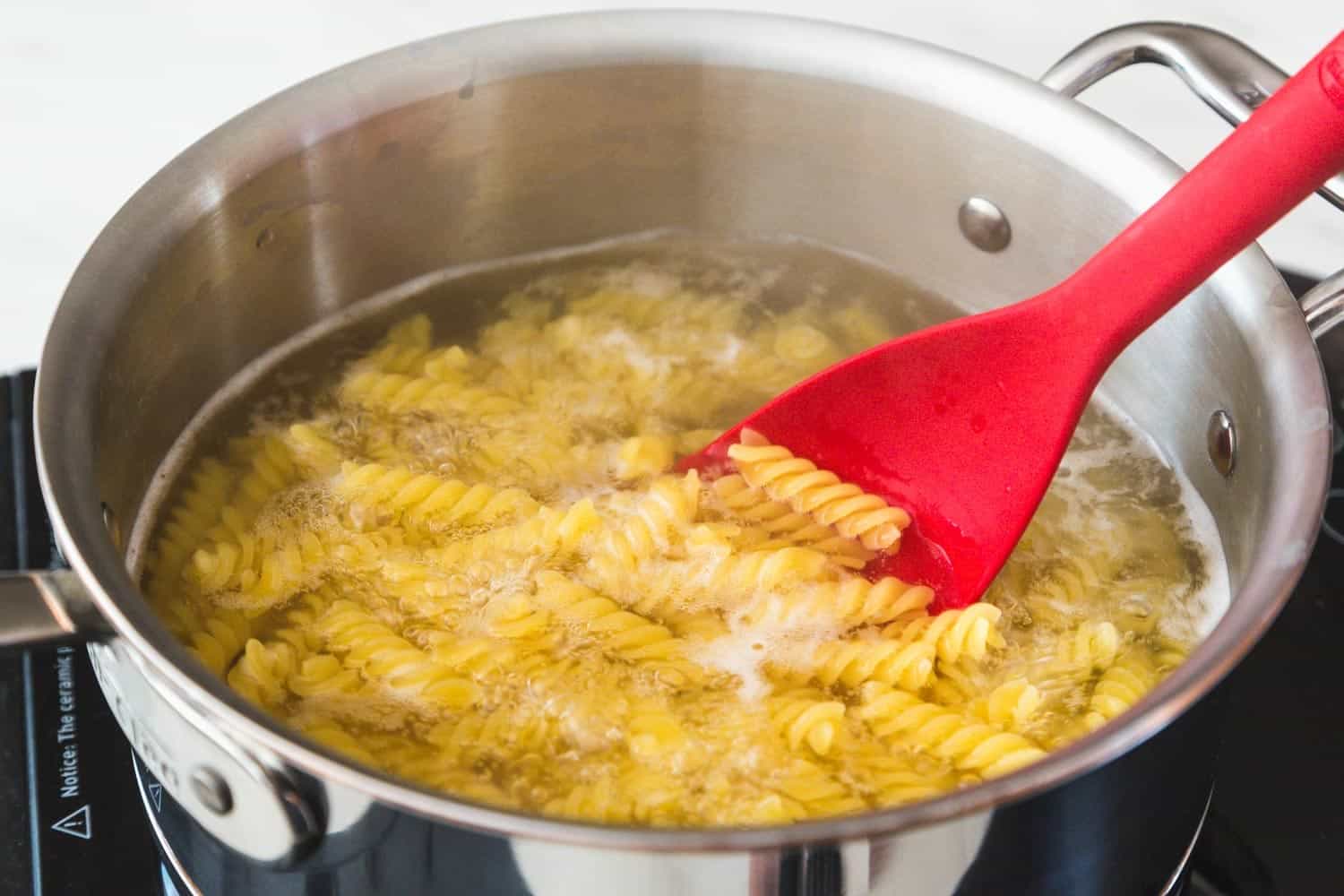When it comes to culinary fundamentals, one of the simplest yet most essential skills is learning how to boil eggs in a saucepan. This process may seem straightforward, but achieving the perfect boiled egg requires precision and a keen understanding of technique. Whether you're preparing eggs for breakfast or using them in professional dishes, mastering this skill is vital for any kitchen professional.
In this guide, well delve deep into the intricacies of boiling eggs in a saucepan, exploring everything from selecting the right eggs to the nuances of timing. When done correctly, boiling eggs yields delicious results that can elevate any dish. So, lets dive in!

Choosing the Right Eggs
The quality of your eggs plays a significant role in the final outcome. Always opt for fresh eggs, as they tend to have better flavor and texture. Consider using free-range or organic eggs to enhance the quality of your dish. A common misconception is that older eggs are easier to peel. In reality, **fresh eggs** produce better results when boiling as the white is firmer, and the yolk remains intact.

Essential Tools and Equipment
Before we get into the process, lets review the tools and equipment needed:
- Medium-sized saucepan: A solid, heavy-bottomed pan that conducts heat evenly.
- Slotted spoon: Useful for transferring eggs in and out of boiling water.
- Timer: Accuracy is key in boiling eggs; a timer helps ensure consistent results.
- Ice bath container: This is essential for stopping the cooking process, ensuring perfectly boiled eggs.

Step-By-Step Process on How to Boil Eggs in a Saucepan
Follow these steps to achieve perfectly boiled eggs:
1. Prepare the Eggs
Start by taking the eggs out of the refrigerator. Allow them to sit at room temperature for about 10-15 minutes. This helps reduce the risk of cracking when placed in hot water.
2. Fill the Saucepan with Water
Fill your saucepan with enough water to cover the eggs by at least an inch. For best results, use cold water. A good rule of thumb is to use about 1-2 inches of water above the eggs.
3. Bring the Water to a Boil
Place the saucepan over medium-high heat until the water reaches a rolling boil. This is crucial, as starting with boiling water will significantly affect cooking time.
4. Lower the Eggs into the Water
Using a slotted spoon, carefully lower the eggs into the boiling water. This minimizes the chance of cracking. Once the eggs are in, cover the saucepan with a lid to maintain heat.

Timing is Everything
The key to achieving your desired egg consistency lies in the timing:
- Soft-boiled: 4-6 minutes
- Medium-boiled: 6-9 minutes
- Hard-boiled: 10-12 minutes
Consult your target outcome and set a timer accordingly. For example, if youre aiming for hard-boiled eggs, set your timer for 10-12 minutes once the eggs are in the boiling water.
Cooling the Eggs
Once the timer goes off, remove the saucepan from heat immediately. Transfer the eggs to an ice bath. This is done to stop the cooking process effectively. Let the eggs sit in the ice bath for about 5-10 minutes to cool completely.
Peeling Your Boiled Eggs
Peeling can be tricky, especially with fresh eggs. Heres how to do it efficiently:
- Tap the egg gently on a hard surface to crack the shell.
- Roll the egg gently to loosen the shell.
- Begin peeling from the larger end where theres often an air pocket.
For further assistance with other kitchen skills, check out how to make rice in a saucepan here.
Common Mistakes to Avoid
Even experienced cooks can make errors when boiling eggs. Here are some pitfalls to watch out for:
- Not using enough water can lead to inconsistent cooking.
- Ignoring the ice bath can result in overcooked eggs.
- Failing to time the cooking process can lead to soft or hard eggs that are not up to par.
FAQ
Q1: How can I tell if my boiled eggs are fresh?
A1: Place the eggs in a bowl of water. Fresh eggs will sink, while older eggs will float due to the air pocket inside.
Q2: Can I reuse the water for boiling eggs?
A2: Yes! If no food particles have contaminated the water, it's fine to reuse it.
Q3: How can I prevent my eggs from cracking while boiling?
A3: Ensure the eggs are at room temperature before boiling, and place them gently into the boiling water.
For tips on cleaning burnt saucepans, check our guide here.
Conclusion
In conclusion, knowing how to boil eggs in a saucepan is a basic yet crucial skill for any kitchen professional. With the right technique and attention to detail, you can produce perfectly boiled eggs every time. This skill can enhance your culinary repertoire, whether you are whipping up simple breakfasts or preparing more elaborate culinary creations.
As you practice, youll gain confidence and consistency, ultimately making you a better cook. Happy boiling!
As an Amazon Associate, I earn from qualifying purchases.




Leave a comment
This site is protected by hCaptcha and the hCaptcha Privacy Policy and Terms of Service apply.